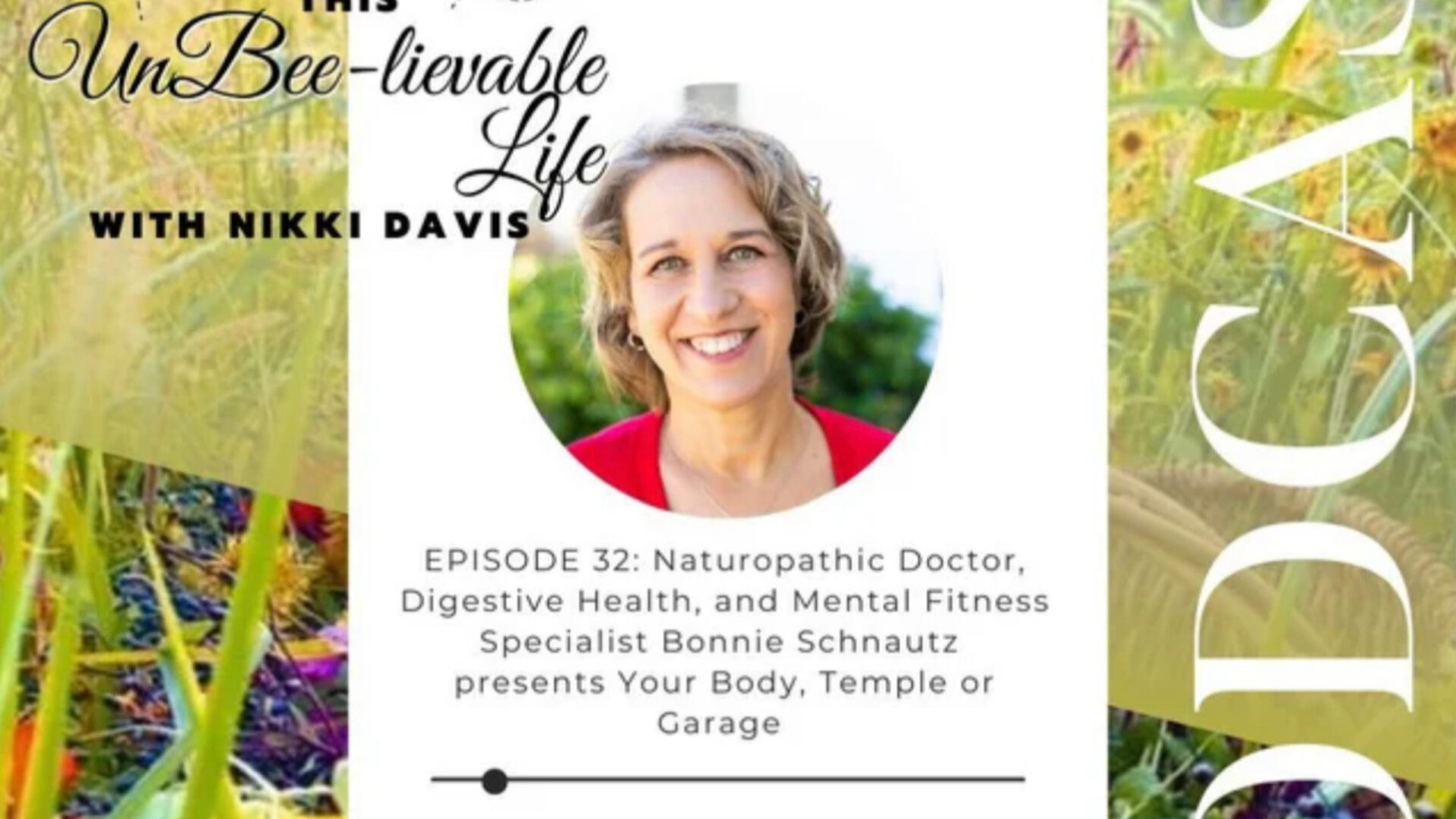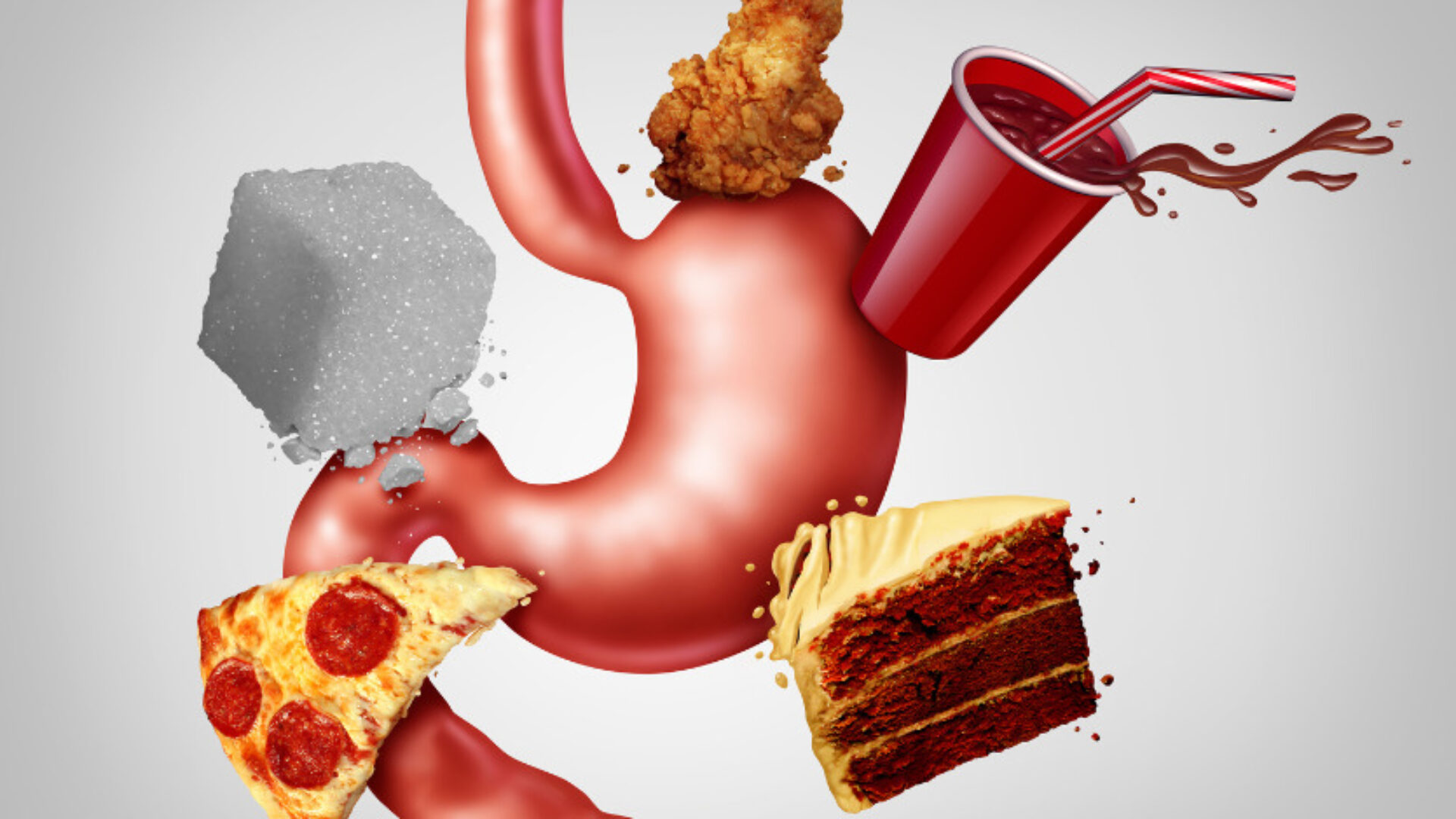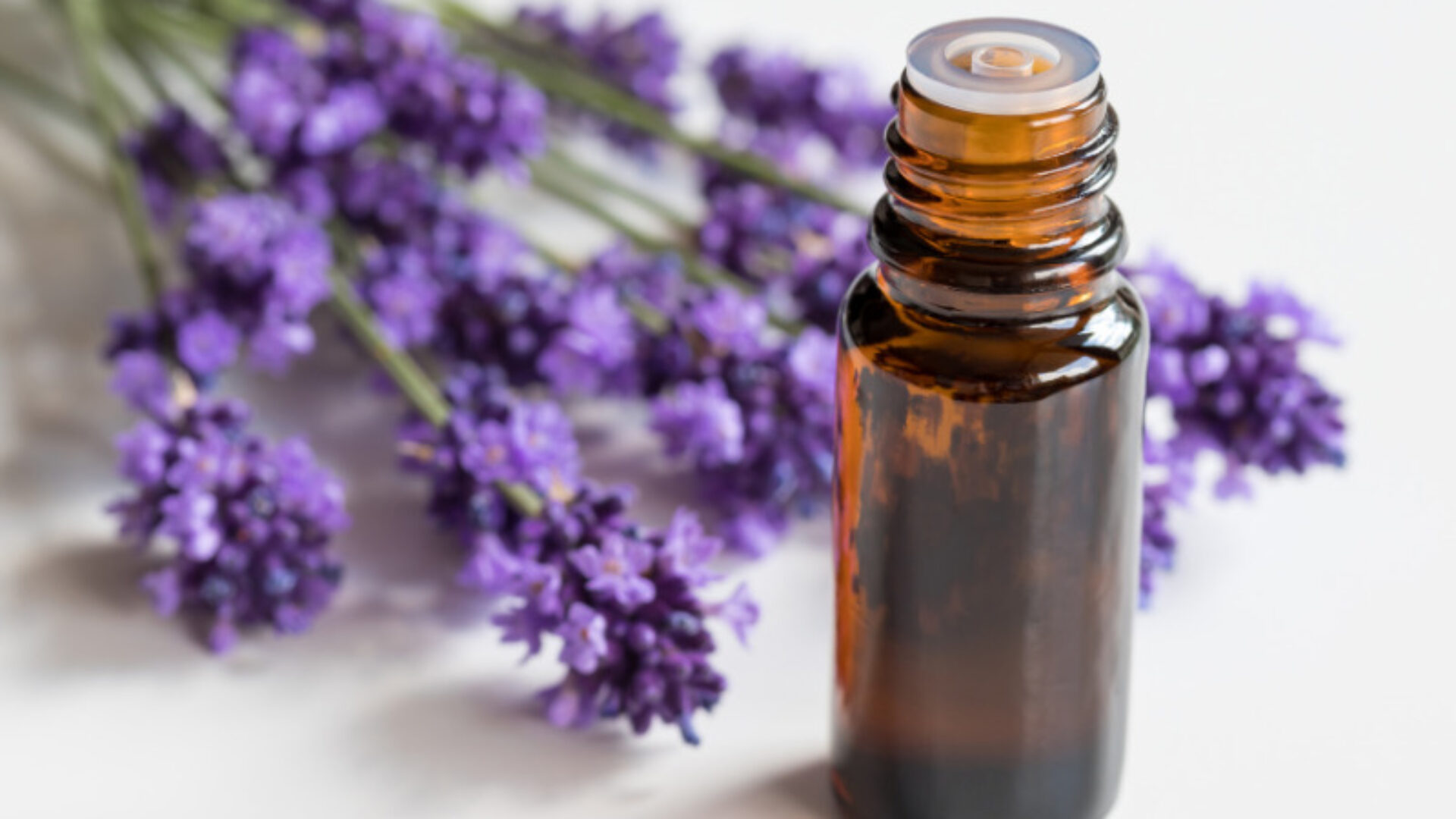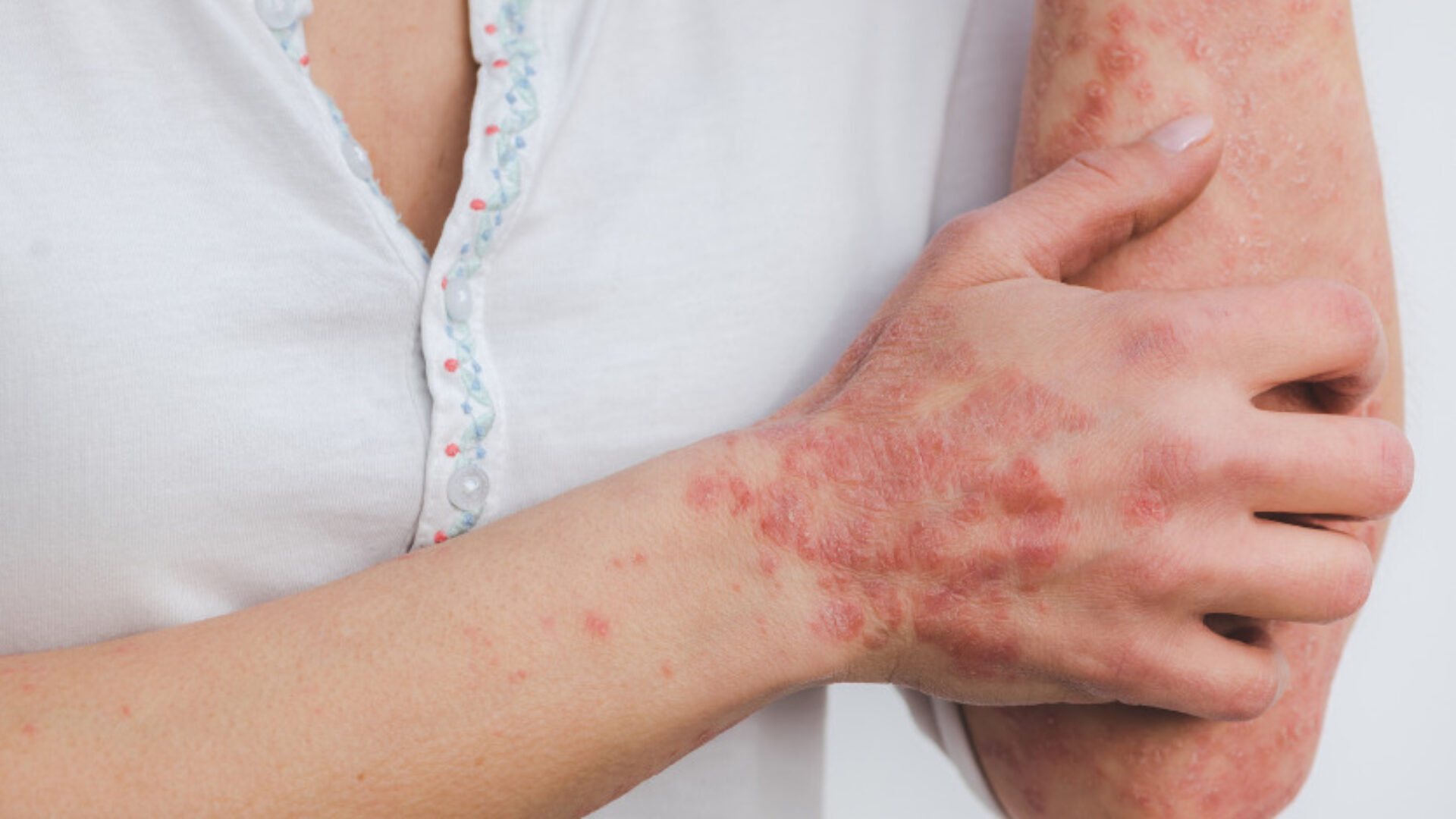[av_image src='https://brenewed.com/wp-content/uploads/2020/12/Fruit-in-Vitamix-834x555-1.jpg' attachment='106479' attachment_size='full' copyright='' caption='' image_size='' styling='' box_shadow='none' box_shadow_width='10' box_shadow_color='' align='center' font_size='' overlay_opacity='0.4' overlay_color='#000000' overlay_text_color='#ffffff' animation='no-animation' animation_duration='' animation_custom_bg_color='' animation_z_index_curtain='100' parallax_parallax='' parallax_parallax_speed='' av-desktop-parallax_parallax='' av-desktop-parallax_parallax_speed='' av-medium-parallax_parallax='' av-medium-parallax_parallax_speed='' av-small-parallax_parallax='' av-small-parallax_parallax_speed='' av-mini-parallax_parallax='' av-mini-parallax_parallax_speed='' hover='' blur_image='' grayscale_image='' fade_image='' appearance='' css_position='' css_position_location=',,,' css_position_z_index='' av-desktop-css_position='' av-desktop-css_position_location=',,,' av-desktop-css_position_z_index='' av-medium-css_position='' av-medium-css_position_location=',,,' av-medium-css_position_z_index='' av-small-css_position='' av-small-css_position_location=',,,' av-small-css_position_z_index='' av-mini-css_position='' av-mini-css_position_location=',,,' av-mini-css_position_z_index='' transform_perspective='' transform_rotation=',,,' transform_scale=',,' transform_skew=',' transform_translate=',,' av-desktop-transform_perspective='' av-desktop-transform_rotation=',,,' av-desktop-transform_scale=',,' av-desktop-transform_skew=',' av-desktop-transform_translate=',,' av-medium-transform_perspective='' av-medium-transform_rotation=',,,' av-medium-transform_scale=',,' av-medium-transform_skew=',' av-medium-transform_translate=',,' av-small-transform_perspective='' av-small-transform_rotation=',,,' av-small-transform_scale=',,' av-small-transform_skew=',' av-small-transform_translate=',,' av-mini-transform_perspective='' av-mini-transform_rotation=',,,' av-mini-transform_scale=',,' av-mini-transform_skew=',' av-mini-transform_translate=',,' mask_overlay='' mask_overlay_shape='blob' mask_overlay_size='contain' mask_overlay_scale='100%' mask_overlay_position='center center' mask_overlay_repeat='no-repeat' mask_overlay_rotate='' mask_overlay_rad_shape='circle' mask_overlay_rad_position='center center' mask_overlay_opacity1='0' mask_overlay_opacity2='1' mask_overlay_opacity3='' link='' target='' title_attr='' alt_attr='' img_scrset='' lazy_loading='disabled' id='' custom_class='' template_class='' av_element_hidden_in_editor='0' av_uid='av-lcp1elct' sc_version='1.0' admin_preview_bg=''][/av_image] [av_textblock fold_type='' fold_height='' fold_more='Read more' fold_less='Read…





